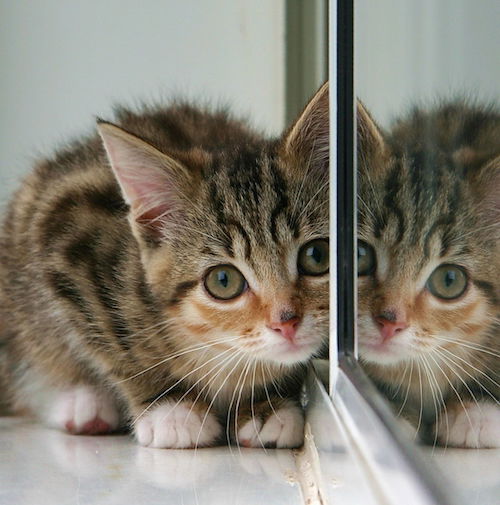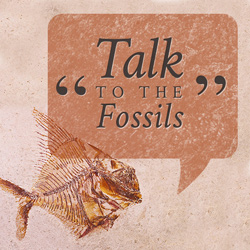 Evolution
Evolution
Natural Selection: Could It Be the Single Greatest Idea Ever Invented?

Information, according to Darwin’s idea (natural selection), can exist without intelligence. Nature produces intelligent designs, just because some life forms survive and others don’t. That’s it. That’s all it takes. How odd that no one noticed.
A letter written by Darwin, the theory’s originator, might fetch $90,000 at an upcoming auction. The Guardian explains:
The 19th-century naturalist and fervent letter writer had largely evaded this question since the publication of the book in 1859. The now classic text introduced his theory of natural selection, which demonstrated that species evolve through gene variation; it was a divisive proposition for Christian readers who believed that humans were made in God’s image, distinct from other animals.
That distinction can prove relevant if one thinks civil liberties matter. Many of us live in countries where the invocation of a supreme being is a basis for civil liberties (though those liberties may not extend to mosquitoes).
 Darwin’s theory of evolution (natural selection acting on random mutations) is a cultural icon, like the Big Bang, or e=mc2. One needn’t know anything specific about any of these ideas. Indeed, media professionals can be passionately devoted to Darwinism without knowing anything about it at all.
Darwin’s theory of evolution (natural selection acting on random mutations) is a cultural icon, like the Big Bang, or e=mc2. One needn’t know anything specific about any of these ideas. Indeed, media professionals can be passionately devoted to Darwinism without knowing anything about it at all.
That makes sense. Professed loyalty to Darwin is an admission to good parties. And Darwinism’s relationship to modern warfare and eugenics is drowned out by cultural support. True, hillbillies thump the Bible against it, to the groans of the better educated. But what if…?
First, what exactly is Darwin’s theory anyway, other than an invite to the approved parties?
Here it is: Information can be created without intelligence. That is, natural selection acting on random mutation explains the order of life we see all around us. What can’t survive won’t, and that explains how very complex life forms and structures — including the human mind — get built up.
True: Things that can’t survive don’t. But why would that fact alone drive nature to produce anything as simple as a kitten, let alone a math genius?
We’ve looked earlier at documented ways evolution can really happen — if all we really want to know is how life forms can change over time. That said, I spent the last fifteen years trying to understand the cultural part. Darwinism isn’t just about evolution as such. It is also a way of looking at life. It tries to explain life without assuming that there is any actual mind at all, dispensing with traditional philosophies and religions.
Humans are assumed to do what they do because they are guided by their instincts, in the same way that nature haphazardly produces a kitten or a math genius.
Ideas have consequences. Think of that when, for example, an elaborately coiffed person on prime time TV announces that she believes in evolution (by which she means Darwinism) when she probably has no better idea what it means than the existence of space aliens (of which she is also perfectly certain, on the same level of evidence). Then decide.
See the rest of the series to date at “Talk to the Fossils: Let’s See What They Say Back.”
Image credit: Paul Reynolds (Flickr: Reflection) [CC BY 2.0], via Wikimedia Commons.
